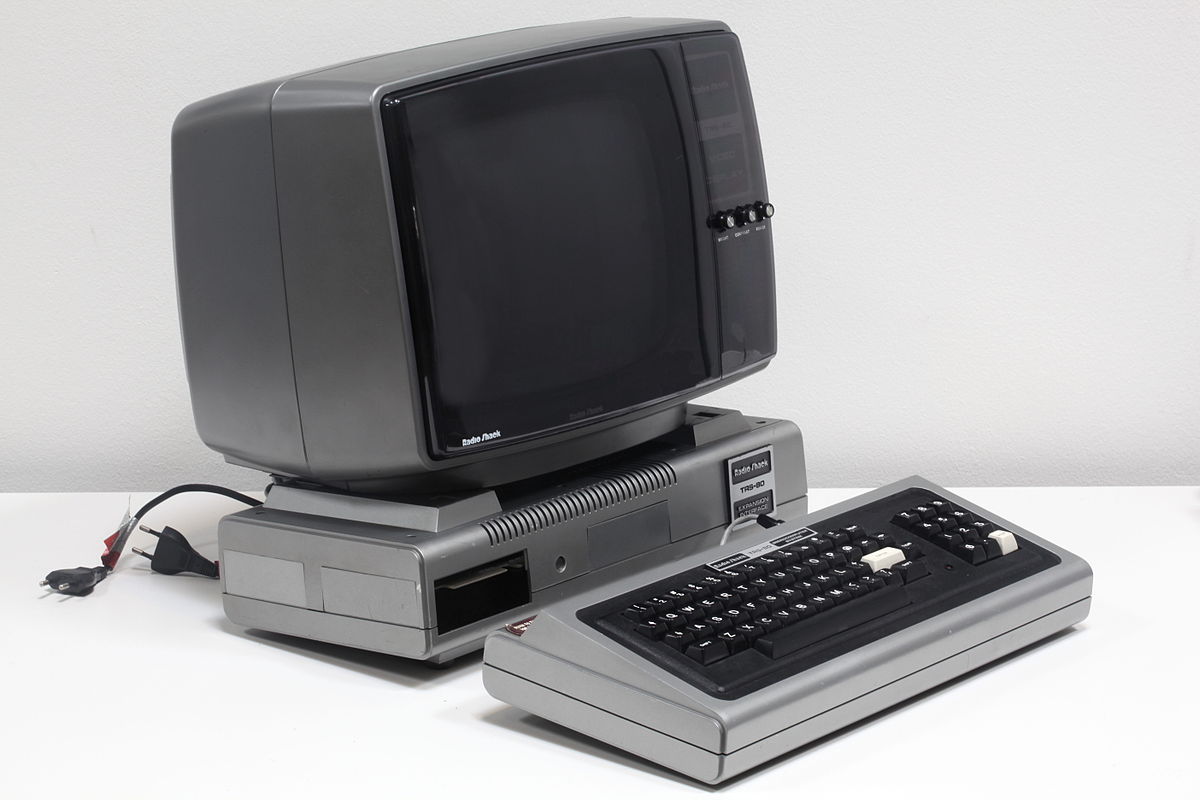My very first desktop PC was built in 2004 and it had an AMD Duron 950 MHz CPU 😄
Specs:
https://www.cpu-world.com/CPUs/K7/AMD-Duron 950 - D950AUT1B.html
Specs:
https://www.cpu-world.com/CPUs/K7/AMD-Duron 950 - D950AUT1B.html
Outstanding play.Going back to topic: the 1st PC that I really extensively played on 18hours a day, was an Intel i5 2500K Quad Core @ 3.7Ghz & GTX 550 Ti Gpu... that pc I got my hands onto by faking a lightning strike on my previous build witch was an Intel Dual Core @ 3.33Ghz & 9500 Gt Gpu.
Oh the things we do to get back into the game @ max fps...
BTW, my first CPU was a Pentium 3 450MHz, circa 1999.

 en.wikipedia.org
en.wikipedia.org
By the age of their first builds, I realize that most of the people from this forum are over 30 😄

You do not know how much cringe you can find on tiktok (or techtok as they want to say).Correct observation. Folks under 30 are not usual forum clientele anymore. Nowadays they are partying in Instagram and TikTok where most stupidest thing one can do is presented as coolest invention of civilization.
By age split there are 3 big categories of people. Folks above 40 who beside unified PC and Mac personal computer architectures seen and even worked with mainframes, and a bunch of custom minicomputers and keyboard size personal computers (including DIY ones). Then folks between 25-35 who lived through quirky transformation into digital era and young ones who already lived in digital era only with smart devices and personal computers used only for job and hardcore gaming. Very different experience
When RAM was still sized in MB... 😄
Were the CPU's evolving as much as they are now,lets say 10 years from example.
From 2011 to 2021,i7's.
So from a top notch cpu like i7 2700K back then,to a i7 11700K now,is the difference that big in comparison to lets say a Pentium MMX 200 (1997) and a Pentium Dual core E2140 (2007)?
Im just asking if they evolved fast as the i7's i mentioned and was the performance difference as big as the i7's on the Pentium side.
Cool,thanks.In my opinion the Pc market as always found a way to get people to get newer and better hardware and software and that it always seemed like you cant keep up with what is new.
The differences that I experienced when (every time I upgraded) was quite notable...[if done @ the correct point in time]
Evolution wise its been great and I'm very thankful that it is still going into some direction.
My very first desktop PC was built in 2004 and it had an AMD Duron 950 MHz CPU 😄
Specs:
https://www.cpu-world.com/CPUs/K7/AMD-Duron 950 - D950AUT1B.html
That is not old. In school internship I worked on computer with 4 KB (yes, kilobytes) of RAM.
We get them here as well.There are little kids who probably watched 1 Linus's video and thought about telling people what to build.
core 2 duo
https://ark.intel.com/content/www/u...sor-e6320-4m-cache-1-86-ghz-1066-mhz-fsb.html
always overheated and throttled and used to play with 11fps until i got a big fan and put it onto the laptop and it started giving me much smoother experience i was so happy

My opinion is no. Much of it is due the combination of we've basically optimized the hell out of everything (that or it's too much effort to squeeze out another 5%) and simply relying on clock speed improvements. Though I strongly attribute the performance bump of CPUs over the years to clock speed improvements as significant microarchitecture changes tended to only account for <15% IPC bumps. Anything higher is the exception.Were the CPU's evolving as much as they are now,lets say 10 years from example.
From 2011 to 2021,i7's.
So from a top notch cpu like i7 2700K back then,to a i7 11700K now,is the difference that big in comparison to lets say a Pentium MMX 200 (1997) and a Pentium Dual core E2140 (2007)?
Im just asking if they evolved fast as the i7's i mentioned and was the performance difference as big as the i7's on the Pentium side.
First CPU - Motorola 6809 (Radio Shack Colour computer)
oldest piece of computer hardware - November 1965

it doesn't work without the rest of the computer... and that was missing before I found this part. Part of a tracking station used to track Apollo
1965... 43 years before i was born!Cool!
1965... 15 years before I was born!

